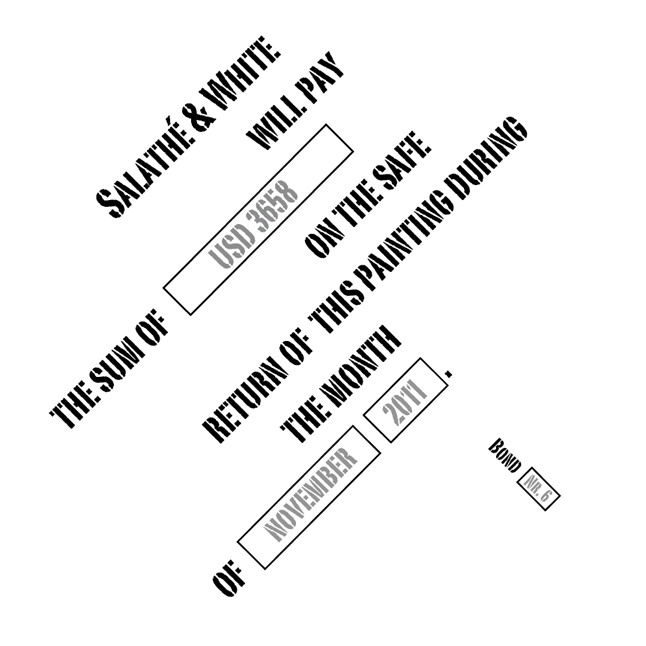The House of Representatives shall be composed of Members chosen every second Year by the People of the several States...Since D.C. is not a state, its people are not constitutionally authorized to elect a member to the House of Representatives. (Art. 1, Sec. 3 makes the same rule applicable to the Senate). If you wonder why this is such an affront, think about every income tax increase, declaration of war, imposition of the draft, etc., in the history of the United States, and recall that the residents of D.C. had no voice in the authorizing legislation, but found themselves just as subject to it as did the citizens of any state. It's practically imperialistic.
There is now a bill in the works to allocate one seat in the House of Representatives to D.C. (No plans for the Senate yet, apparently). The problem is that the bill is almost certainly unconstitutional. Like I pointed out above, the Constitution says if you're not a state, you can't be represented in the House. Not even an act of Congress can change that. It will take a constitutional amendment to properly get D.C. into Congress, just like it took the Twenty-Third Amendment to allow its residents to vote for President.
(There is an interesting Supreme Court Case, Tidewater, holding that Congress could constitutionally treat D.C. as a state for purposes of diversity jurisdiction, even though the text of the Constitution says that diversity jurisdiction only applies to cases and controversies "between Citizens of different States." Tidewater is probably distinguishable though, because the question involved there was not nearly as politically fraught as this one is. A court has inherent authority to determine the limits of its jurisdiction, which is all that the Supreme Court did in Tidewater; courts will tread much more lightly on the turf of the legislative branch.)
Anyway, I was reading today an argument from someone fretting the unconstitutionality issue, but urging the passage of the legislation anyway. His argument was that although the measure would be overturned in court, the legal turmoil would publicize the plight of D.C. residents, laying the groundwork for a later constitutional amendment. I have a better idea. Pass the unconstitutional law and don't sweat it; it will not be overturned anytime soon.
Just because a law is unconstitutional doesn't mean that Joe Schmoe can file a petition in U.S. District Court to have it declared unconstitutional. You have to overcome an initial showing that you have "standing." In general, that means that you have to show that the unconstitutional law is causing you a particularized harm, and that an order from the court will be effective to cease that harm. Now I ask you, who has standing to argue in court that the D.C. representation act ought to be declared unconstitutional? I've come up with two scenarios, both somewhat implausible.
- Imagine that after the D.C. Representative is seated, he votes to enact a new federal criminal statute. The measure passes the House by one vote, is passed by the Senate, and signed by the President. Later on, a criminal defendant is indicted under the new measure. The defendant brings a motion to quash the indictment, arguing that he didn't violate the law because there was no law; the bill was never properly passed by the House of Representatives. It was only considered to have passed because of the improperly seated Representative from D.C., whose vote should not have been counted. Now, the issue really is whether the law authorizing a seat in the House for D.C. is constitutional, and the criminal defendant can clearly meet the burden of standing. The situation is implausible because it relies on the bill passing by one vote; otherwise it makes no difference how the Representative from D.C. voted.
- The Constitution gives the members of each house the authority judge the "Qualifications of its own Members" (Art. 1 Sec. 5). They can and do sometimes refuse to seat members, as you may recall from part of the Rod Blagojevich scandal. It's not beyond the realm of possibility that the House could refuse to seat a Representative from D.C. on the grounds that his election would have been unconstitutional. If they do so, his recourse is to sue in federal court to have his election declared valid, at which point, the court will have to decide the issue of whether the statute authorizing his election was constitutional. The reason this scenario is implausible is that, assuming the D.C. Represenatation statute passed the House in the first place, it's doubtful that the House members would then turn around and refuse to seat the elected representative. It would take a big shift in the makeup of the House for that turnaround to occur; by the time it does, the congressman from D.C. may already be pretty well entrenched, and the political fallout from the challenge might outweigh the political gain.
Pass this statute because it's the right thing to do for the residents of D.C., and because it stands to actually do some good long before anybody racks up the standing to have it declared unconstitutional.




